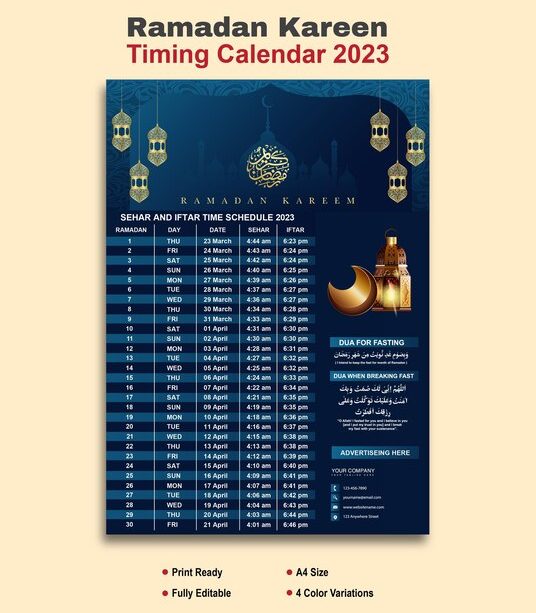Iftar Time: Understanding Its Importance in Ramadan

Introduction
Iftar time, the moment Muslims break their fast during Ramadan, holds great spiritual and cultural significance. As the sun sets, families and friends come together to break bread, symbolizing community strength and unity. In India, where a diverse range of cultures and traditions coexist, iftar gatherings have grown in importance, offering a glimpse into the rich tapestry of Indian Islamic practices.
The Importance of Iftar
Iftar marks the end of a day of fasting, during which Muslims abstain from food and drink from dawn till sunset. The act of breaking the fast is more than a meal; it is a time for reflection, gratitude, and community bonding. During Ramadan, the timing of iftar changes daily based on sunset, adding a layer of anticipation and connectedness to the observance.
Timing and Practices
Iftar time usually falls around 6:30 PM to 7:30 PM in India, but this can vary regionally. Muslims typically break their fast with dates and water, following the Sunnah (tradition of the Prophet Muhammad). As the evening progresses, families enjoy a variety of dishes that may include traditional favorites such as biryani, kebabs, and sweets. In many cities, community iftar events are organized, allowing thousands to gather and share meals, reinforcing the spirit of unity.
Community and Feasts
This year, numerous local organizations and mosques have planned grand iftar events, especially in metropolitan areas like Mumbai, Delhi, and Hyderabad. These feasts not only cater to the local Muslim population but also invite people of different faiths to engage in the cultural celebration. Such events reflect the spirit of inclusiveness and harmony, reinforcing the values of understanding and peace among communities.
Conclusion
Iftar time is more than a meal; it represents a period of reflection, thanks, and social gathering. As Muslims around the world observe Ramadan, the significance of iftar in fostering community bonds and promoting understanding is undeniable. As India moves through the month of Ramadan, it exemplifies how cultural practices can bridge gaps and bring people together. Upcoming iftar events are significant opportunities to engage with diverse communities, promoting unity in the shared experience of hunger and gratitude. Readers can anticipate a continued emphasis on these communal gatherings as they play a crucial role during this holy month.









